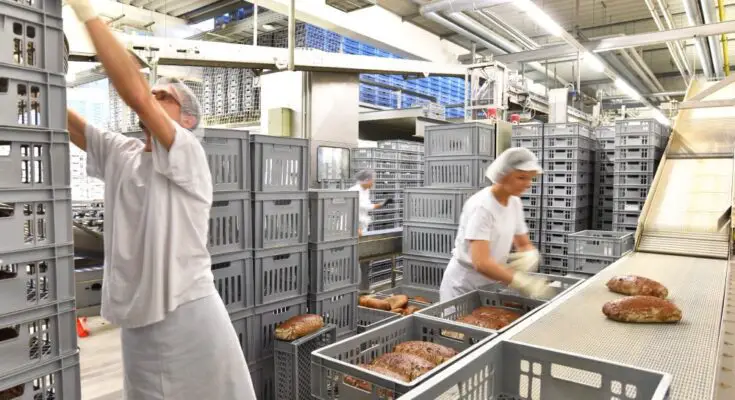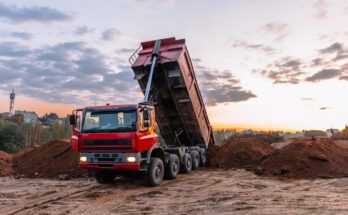The world of large commercial bakeries operates on an impressive scale, driven by innovation and efficiency. These facilities churn out huge quantities of bread, cookies, pastries, and other baked goods we enjoy daily.
Yet, most people have little insight into the intricate processes and technology that make it all possible. This article highlights some of the most interesting facts about large commercial bakeries and their incredible operations.
An Unmatched Scale of Production
When it comes to volume, the scale of production in commercial bakeries is staggering. Some of the biggest baking facilities in the world produce millions of loaves of bread or cookies daily. Consider a facility that produces hamburger buns for global fast-food chains. These bakeries have the capacity to bake and package several thousand buns per minute to meet demand. The combination of efficiency and speed is vital for their clients, ranging from supermarkets to global food franchises.
Understanding the scale also highlights why commercial bakeries invest heavily in equipment that ensures reliability and speed during production. A prime example is their use of a high-temperature belt conveyor for baking at consistent and precise levels, enabling products to turn out perfectly cooked every single time.
Advanced Automation Drives Production
Technology plays a massive role in the success of these bakeries. Modern commercial baking facilities often incorporate state-of-the-art automation to streamline operations. Robotic arms package pastries, dough mixers operate with mathematical precision, and computer-controlled systems monitor baking times, humidity, and oven temperatures.
Automation speeds up production and reduces mistakes caused by human error. Facilities rely on computer-driven systems to manage consistency in recipes, mixing, and baking procedures. For instance, dough is monitored by advanced sensors to ensure exact measurements of ingredients and provide a flawless batch every time. This level of precision ensures each product hitting the shelves is of the same high quality its consumer expects.
Sharpened Focus on Quality Control
Consistency is essential for large-scale bakery operations. Brands depend on delivering the same taste and texture, whether the product is being sold in New York or London. That’s why commercial bakeries adhere to strict quality control measures.
Every ingredient is tested, and every recipe is carefully logged. Similarly, post-production checks include examining crust color, texture, and moisture levels. Some facilities even have specialized equipment like electronic nose sensors that check the aroma of their baked goods, ensuring it meets the expected flavor profiles. These rigorous procedures safeguard the brand’s reputation while also boosting customer trust.
Sustainability Becomes a Priority
With production on such a vast scale, large commercial bakeries also face responsibility for their environmental impact. Many bakeries have adopted eco-friendly practices to reduce waste, save energy, and optimize resource usage.
For example, some facilities have invested in energy-efficient ovens powered by renewable energy. Water recycling systems are another feature that cuts down on waste. Additionally, unused or imperfect products often get repurposed for compost or animal feed to further reduce waste. These sustainability measures are good for the environment and align with consumer demands for greener business practices.
From the enormous scale of production to cutting-edge automation and eco-friendly initiatives, commercial bakeries are an interesting blend of science and craft. They represent the ability to integrate precision technology with age-old baking techniques to meet the demands of millions of consumers worldwide.


